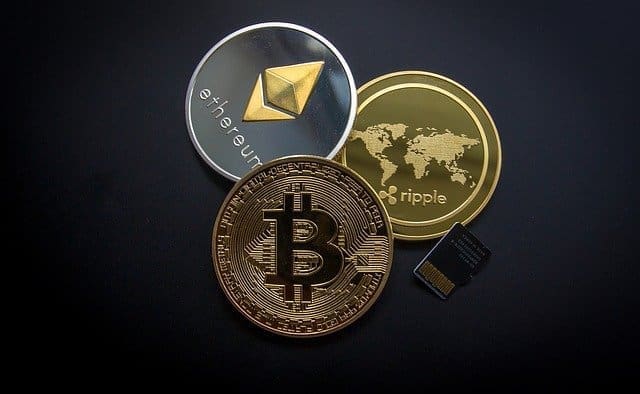In early May, James Evans met a man on a dating app known as Grindr. The individual, whose name was supposedly David, was pleasant and talkative. It started out as a normal conversation, according to Evans. “We switched to WhatsApp and began texting each other. After a few days, he started talking to me about crypto trading and how much I could earn from it. It appeared to be a real connection.” Unfortunately for Evans, this was not the case. He’d met a scam artist who had convinced him to hand over £20,000 in under a week.
He was first convinced to open a Binance account and deposit £500. Binance is a cryptocurrency exchange, which means it’s a website where people can acquire digital currencies like bitcoin and ethereum. Evans paid the amount from his First Direct account, transferring it and using bitcoin as payment. The scammer then taught him how to transfer his funds to a trading platform where he could ostensibly invest them. His first payment was made on a Wednesday night, and he received more payments on Sunday and Monday, totaling £12,000. The fraudster guided him through the process of moving the money and investing it each time, and the screen showed him generating money and being able to send it back to Binance.
Evans confirmed a £3,000 payment to Binance that had been questioned by First Direct. He adds that he was still willing to participate at this time and did not believe he was the victim of a con. “I bought the currency on Binance and then transferred it to the trading app, and he showed me how to trade using WhatsApp and screenshots before returning the funds to Binance and depositing them into my current account.”
However, with the most recent transfer, things started to fall apart. David encouraged him to contact the company’s customer service department after his trading account stopped working. When he did, he was told that his account had been frozen and that in order to get access to the money, he needed to deposit 50% of his account amount. He had a sneaking suspicion that something wasn’t quite right, but after a tense 24 hours, he decided to accept the punishment. He then attempted to withdraw his money as advised, but was unable to do so. Another cash request occurred after a phone call to customer service. “I was in a lot of pain at this time, and I realised I’d been misled.”
He reported the incident to (AF) Action Fraud and contacted First Direct to inform them that he had been duped and to request a refund. They refused, telling him that the scam occurred after he moved the funds from Binance, and that he should file a complaint there.
Binance takes its obligation to protect users against attempted scams and frauds very seriously, according to a spokesperson for the company. “When we learn of such allegations, we act immediately and have a track record of supporting law enforcement agencies across the globe with their investigations.”
This begs the question; how safe is it to use cryptocurrencies?
To steal bitcoin holdings, hackers can acquire access to individuals’ crypto wallets or entire cryptocurrency exchanges. As a result, it’s critical to keep your crypto in a secure location and to follow good digital security behaviours. Hot wallets, which are secure but remain online, are offered by cryptocurrency exchanges and third parties as a means of storing your funds (and therefore still susceptible to hacking). Cryptocurrency housed on an exchange or in a wallet is not protected by the Federal Deposit Insurance Corporation (FDIC), as is money held in a bank. Make sure you trade and store your crypto on a platform with strong security features, such as cold storage for a major portion of your holdings and two-factor verification for users.
For the best security against online fraud, several experts recommend cold storage utilising an offline device such as a USB drive. Even cold storage, however, has risks, such as the risk of losing complete access to your investment if you forget your password. Cryptocurrencies are frequently created using blockchain technology. Blockchain describes how transactions are recorded in blocks and time stamped. It’s a time-consuming and difficult process, but the ultimate result is a secure digital ledger of cryptocurrency transactions that hackers cannot alter.
Before you invest a single dollar, inform yourself on bitcoin exchangers. These platforms let you buy and sell digital currencies, but there are more than 500 to choose from. Do your research and keep up to date.

1 Comment
There were scammers in every era and every profession. So, I am not surprised to learn about cryptocurrency scammers. Also there are lots of corruption going on everywhere. Can you please tell me which is safer coinbase vs paypal for crypto investing?